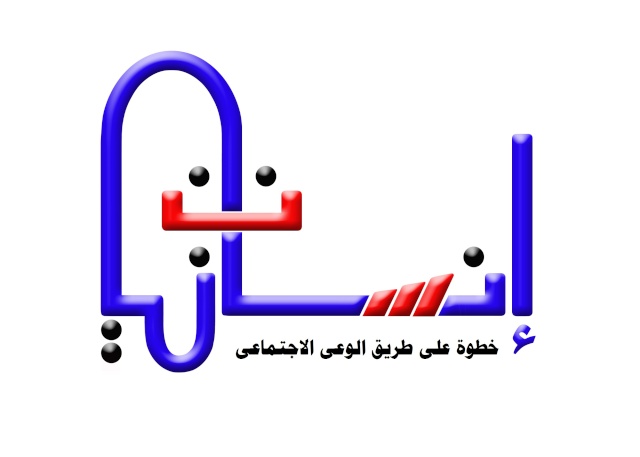د. فرغلى هارون
المدير العـام

 عدد الرسائل : 3278 عدد الرسائل : 3278
تاريخ التسجيل : 07/05/2008
 |  موضوع: Her Money, My Sweat: Women Organizing to Transform Globalization موضوع: Her Money, My Sweat: Women Organizing to Transform Globalization  31/10/2010, 3:50 pm 31/10/2010, 3:50 pm | |
|

Her Money, My Sweat: Women Organizing to Transform Globalization
By Brown, Emily Bates

Bachelor of Philosophy, Miami University Honors Theses, School Of Interdisciplinary Studies - Interdisciplinary Studies, 2007.
Pages: 93p.
148.43 kB PDF file
Abstract:
Women who live in Third World nations are disproportionately negatively affected by globalization. Moreover, theorizations of Third World women's economic hardships are often characterized in terms of their victimization and helplessness even within Western feminist literature. Such characterizations have been intensely criticized in the last two decades by Third World and postcolonial feminist theorists who have effectively exposed the dangers of representing Third World women as a homogenized group. Western feminist discourse on gender, globalization, and Third World cultures has since made inroads toward addressing the specificity of identity issues such as race, class, and nationality, and in bridging the gap between the objectives of Western and non-Western women's groups.
Within discussions of the inequities of globalization and in efforts to organize women around globalization issues, negotiating similar identity issues and goals is a constant challenge. With an emphasis on the intersection of theory and practice, this thesis argues that for transnational feminist networks to organize constructively on globalization issues in the Third World, the agency and experience of local actors must be regarded as a primary source of legitimate knowledge. Only in this way will transnational feminist networks, which operate across both geographical and intangible borders, be successful in empowering local actors and in producing more viable, counter-hegemonic economic opportunities than currently exist under processes of globalization.
Through the empowerment of local actors, more sustainable, long-term projects that resist globalization can develop without, or with less, dependence on First World actors and the transnational networks themselves. The Women's International Sewing Cooperative of Nueva Vida, Nicaragua provides a practical example of successful transnational organizing that legitimates and accounts for local experience and knowledge. The result is a more viable economic opportunity than those presently offered by globalization, and is one that empowers Third World women and grants them the agency to define and determine their economic futures, thus demonstrating the real power implicit in crafting strategies from both theory and practice.
أدع لنا بالخير وها هو الرابط
[ندعوك للتسجيل في المنتدى أو التعريف بنفسك لمعاينة هذا الرابط]
| |
|
